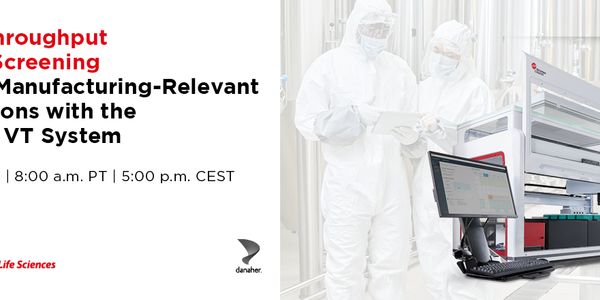Whole Genome Sequencing As A Valuable Clinical Tool For the Management of Cancer Patients
-
David Smith, PhD
Professor and Consultant, Department of Laboratory Medicine and Pathology, Mayo ClinicBIOGRAPHY
Advances in DNA sequencing, based upon massively parallel sequencing, has resulted in dramatic advances in DNA sequence output in the past few years. It is now possible to generate terrabases of accurate DNA sequence with a single run on several DNA sequencing platforms. This has then made it possible to characterize alterations that occur during cancer development. Genomic alterations can be characterized by targeted sequencing of genes that are frequently altered during cancer development, by sequencing of the entire exome, transcriptome sequencing, and even by whole genome sequencing. Each of these has their own inherent strengths and weaknesses. I will describe why I believe that the best strategy moving forward for the management of cancer patients is whole genome sequencing (WGS). This can currently be done reliably and inexpensively on two completing platforms. The first is the Illumina sequencing platform and the second is from BGI. WGS is a comprehensive technology that can detect all the alterations in a cancer genome and I will describe how and why this may prove to be the best approach for the management of cancer patients.
Whole Genome Sequencing As A Valuable Clinical Tool For the Management of Cancer Patients
Please update your information
Certificate of Participation
DOWNLOAD CERTIFICATE






